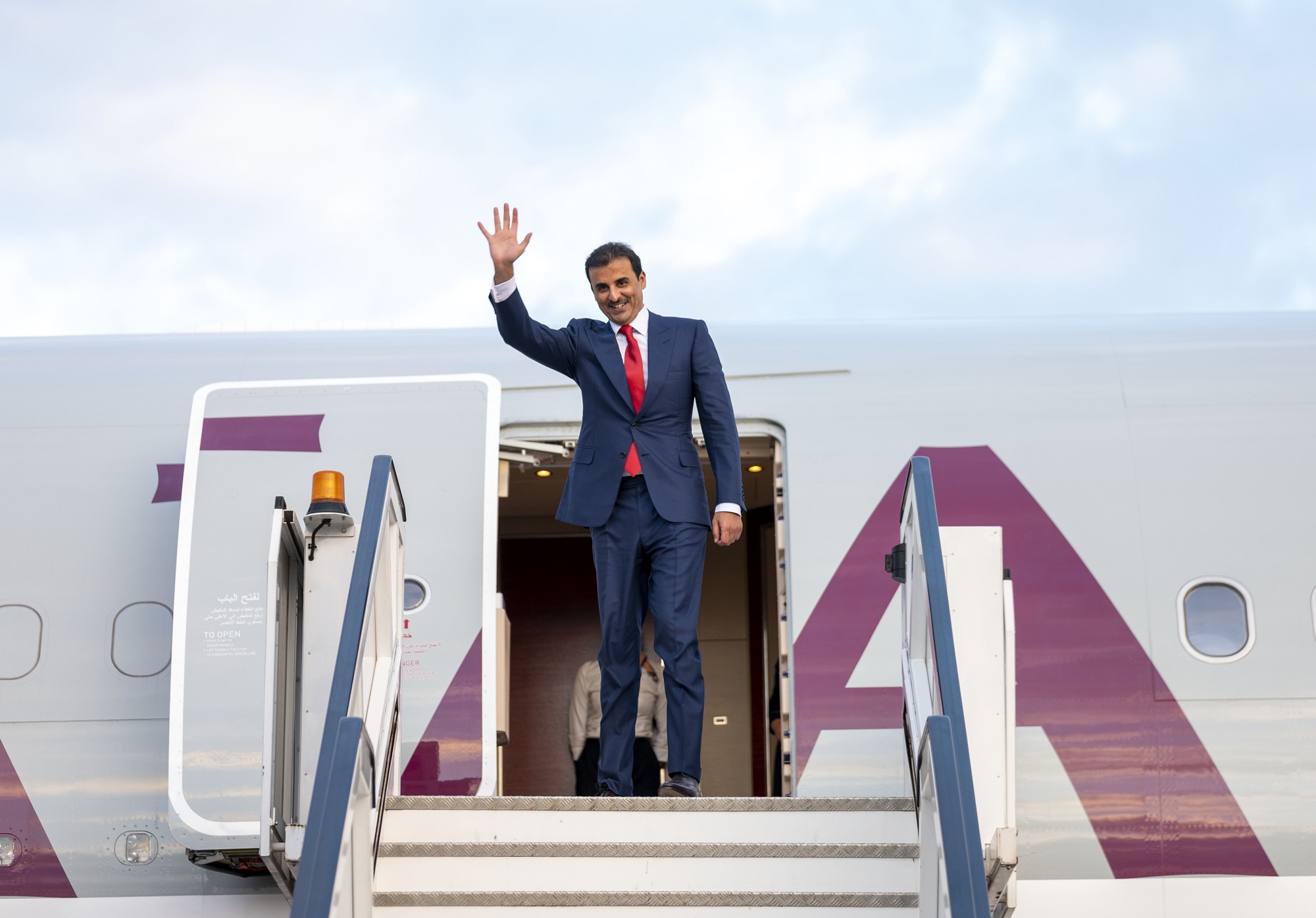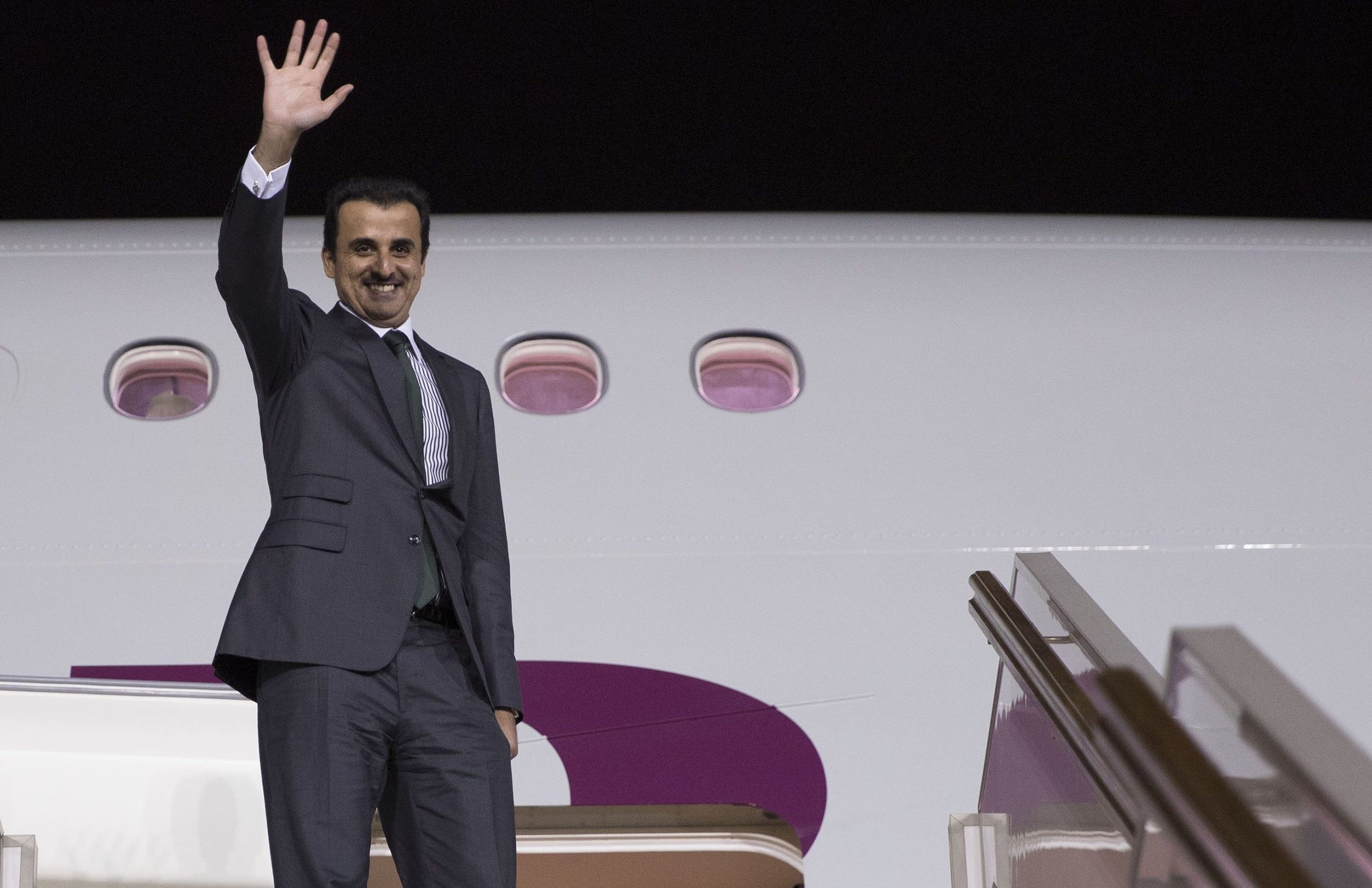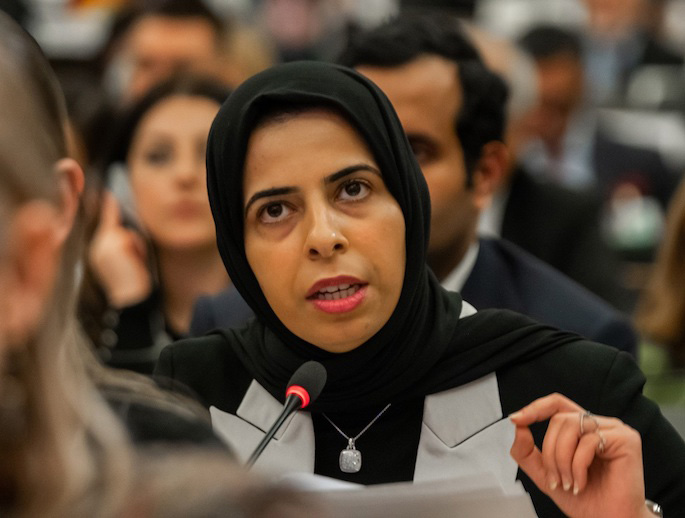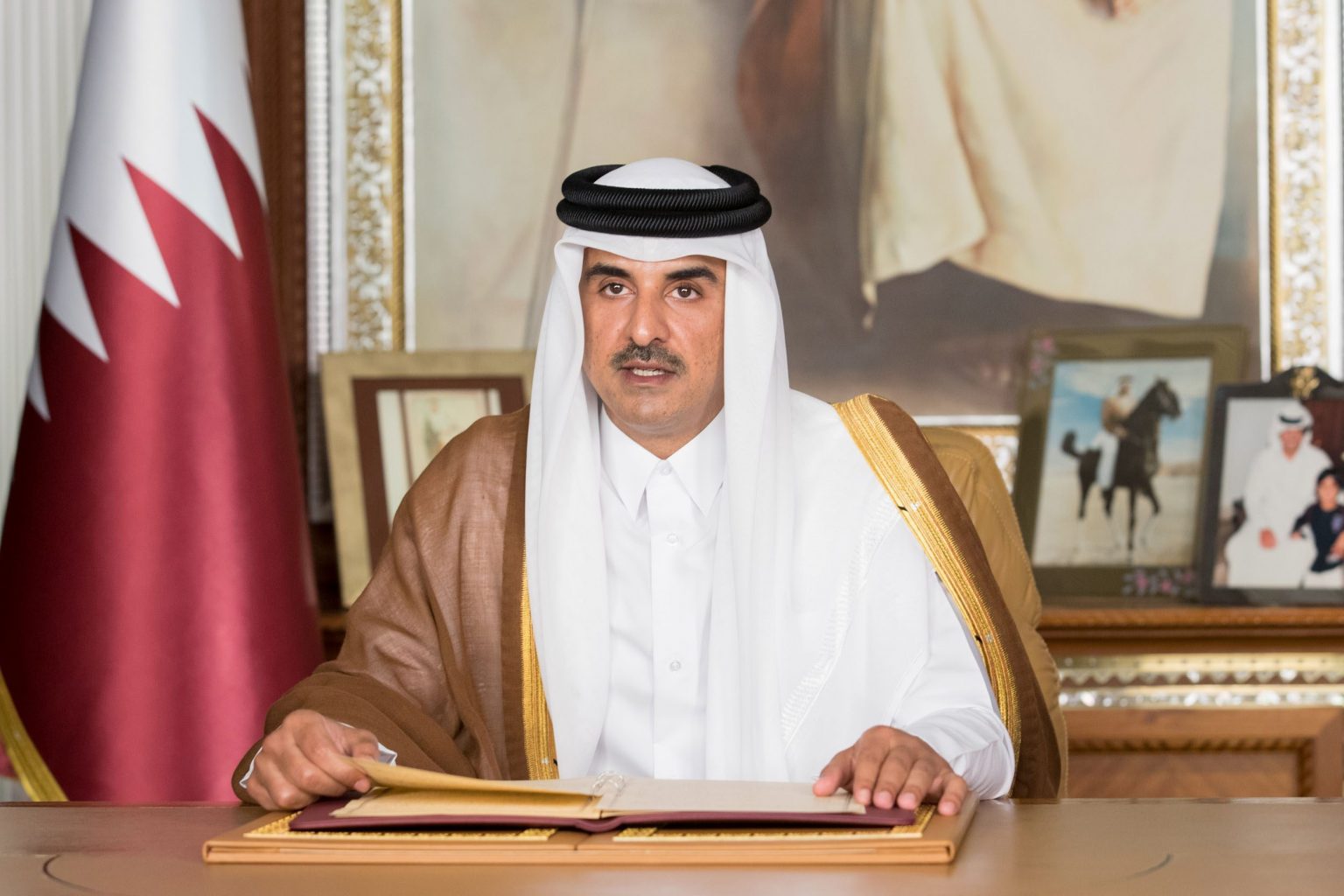
Days after three GCC countries recalled their envoys from Qatar in a public rebuke of its independent foreign policy, Egypt has waded into the row, saying its ambassador to Doha would not be returning here any time soon.
The ambassador had been recalled to Cairo last month as diplomatic tensions between Egypt and Qatar grew. The New York Times reports:
Calling the withdrawal of the envoys a beginning attempt “to correct the path of the Qatari government,” the Egyptian government asserted that “Qatar’s problem is not with us but with the majority of the Arab countries,” state news media reported.
Alluding to its struggle to suppress the now-outlawed Islamist opposition — characterized by the new government as terrorists — Egypt said Qatar must make a choice: Support Egypt against “the grave challenges it is facing” or “stand on the other side and bear the consequences.”
The move comes as speculation is rife about what will happen in the region following the official withdrawal of Saudi Arabia, Bahrain and the UAE’s envoys from Qatar.
That decision is largely symbolic, as two out of the three country’s ambassadors had already left Qatar for non-related reasons.
According to a joint statement on Wednesday, the three countries said Qatar had failed to adhere to a unified GCC policy “to ensure non-interference, directly or indirectly, in the internal affairs of any member state.”
They also said non-compliance threatened their “security and stability,” and indirectly took aim at state-backed Al Jazeera, by mentioning another tenet of the pact that entailed not supporting “hostile media.”
Qatar responded by saying it would not recall its ambassadors in retaliation, but added that this move had more to do with “a difference in positions on issues out of the (GCC)” than any security reasons.
Analysts widely believe the diplomatic fight involves the countries’ different positions on Egypt. Qatar supported the Muslim Brotherhood and ousted president Mohamed Mursi, which put it at odds with the UAE and Saudi Arabia, both of which support the current regime.
Saudi Arabia and the UAE have also been incensed in recent months over comments made by Islamic scholar Sheikh Yusuf Al Qaradawi, an Egyptian-born cleric with Qatari nationality who has criticized them for supporting Egypt’s military.
Waiting game
Over the past two days, local media in Bahrain, Saudi Arabia and the UAE have been urging Qatar to go beyond that statement and respond to the concerns aired by their leaders – or face harsher action.
In an editorial published today, Saudi newspaper Arab News writes:
“The question for Doha is this: Where do its loyalties lie? To its neighbors and partners who are also its extended family and friends? Or to foreign policy adventures in Egypt and Syria?”
Meanwhile in Doha, officials close to the government have told Reuters that Qatar has no intentions to comply to any demands to change its foreign policy or political allegiances. The news wire reports an unnamed source as saying:
“Qatar will not let go of its foreign policy, no matter what the pressures are. This is a matter of principles which we will stick to, no matter the price.”
With regards to allowing Muslim Brotherhood officials who fled Egypt to stay in Doha, the source said:
“Since the day Qatar was founded we decided to take this approach of always welcoming anyone who seeks refuge in our country, and no amount of pressure will make us kick these people out.”
If the stalemate continues, what could happen next is up for debate. Strong economic cooperation exists between the GCC countries, and mainly landlocked Qatar trades closely with Saudi Arabia for food and other goods.
Some analysts say Qatar could be sanctioned with the closing of its airspace or border by Saudi Arabia.
But Nasser Bin Hamad Al Khalifa, Qatar’s former ambassador to the US and the United Nations, told Al Jazeera English that he expected “wisdom will come” in the following days as diplomats realize Qatar can’t be “frozen” out of the GCC.
Thoughts?







